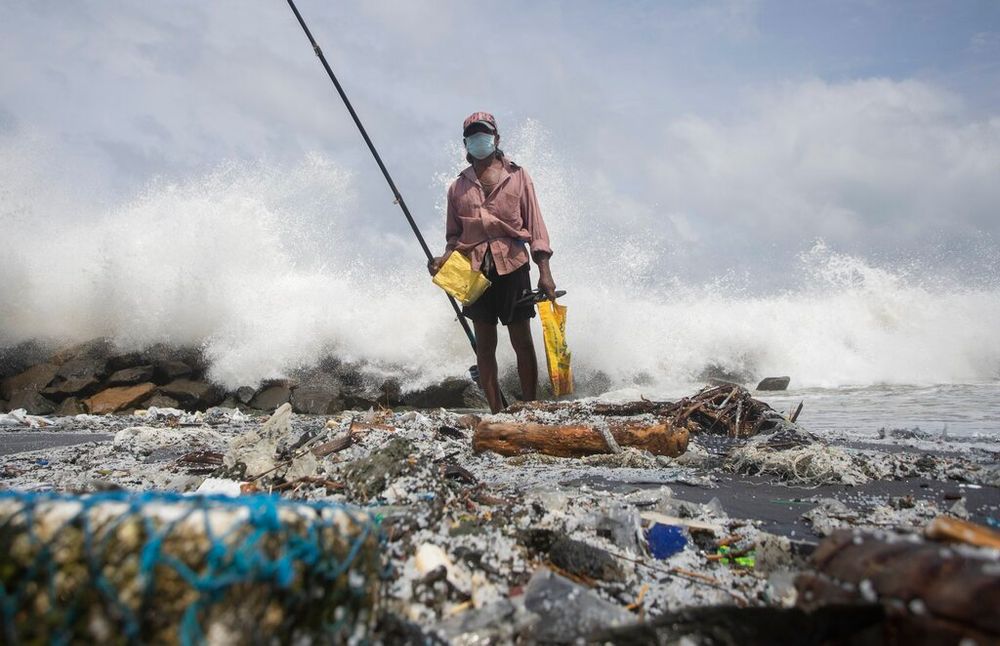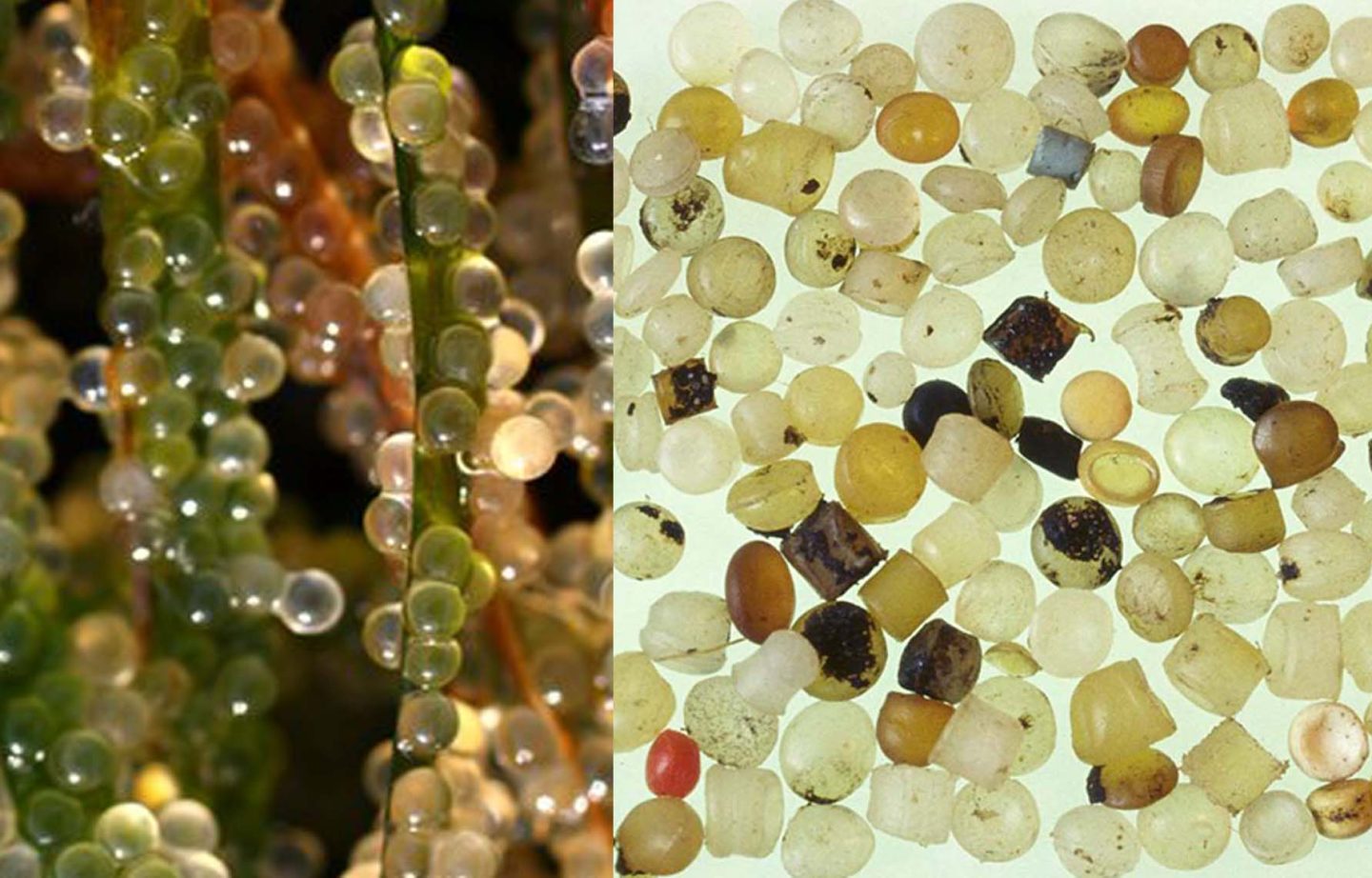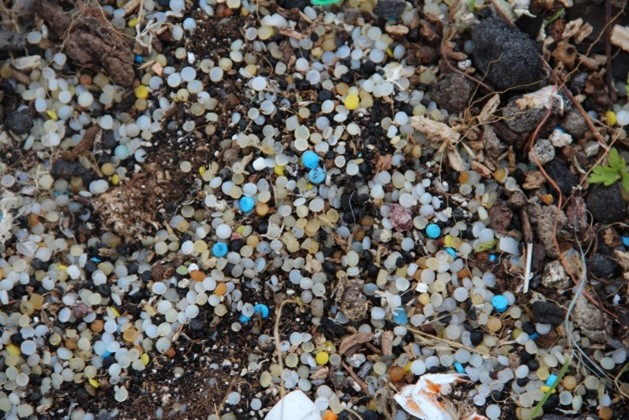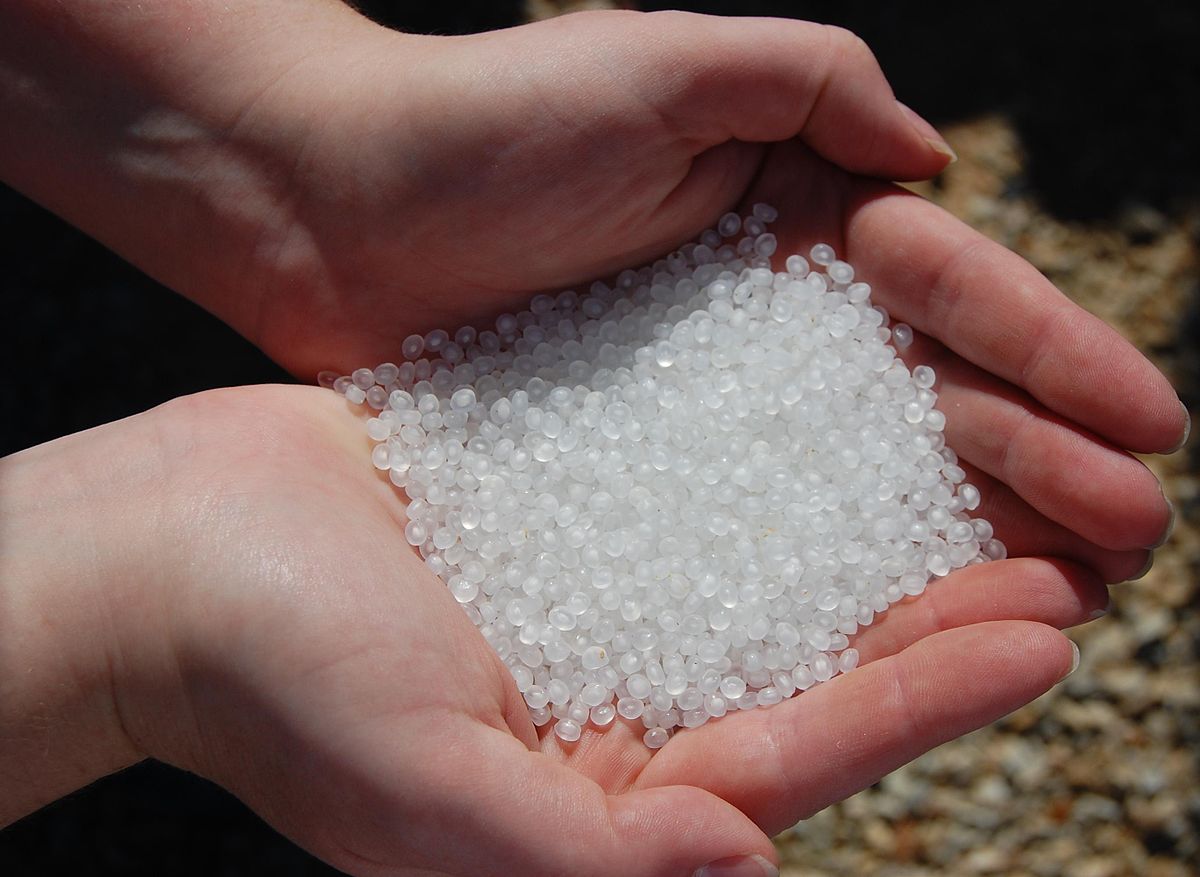
Nurdles are small microplastic pellets pre-produced for manufacturing most plastic items, from clothes, cars, to food wrappers. Takes roughly 600 nurdles to be melted down to make one plastic water bottle and countless billions being made every year for plastic product. Nurdles pose an increasingly grave threat to our oceans and beaches, warranting immediate action to identify alternative options and safety measures while use grows rapidly across the world.

The Danger of Nurdles:
These less than 5mm microplastic can be identified most in beaches and reefs, accumulating through accidental spills, inadequate waste management throughout the manufacturing process. Gathering amongst seaweed and beach floors, nurdles absorb toxic waste before being ingested by marine life. Leading to devastating losses of life to key species, and such large ecological imbalances in food chains, proving irreparable to our current environment and extremely time sensitive.


What are Nurdles made of:
Nurdles, small plastic pellets used in manufacturing, are predominantly composed of: polyethylene, polypropylene, polystyrene, polyvinyl chloride, and other plastics. Specifically designed to be utilised in nearly all plastic manufacturing. However, nurdles have been additionally found to absorb toxic chemicals, such as polychlorinated biphenyls (PCBs) and dichlorodiphenyltrichloroethane (DDTs). As found in the forth region local wildlife found to be ingesting plastic through gulls, fulmars, terns, and puffins in post-mortem examinations. As well as the damage that these nurdles cause, the bioaccumulation of these chemicals can lead to various detrimental effects on health and well-being.


What we can do to stop Nurdles:
The main source of nurdles coming in our world oceans, is through the mismanagement in the production process, with leaks and spillages causing irreparable damage. However there are multiple organisations striving to prevent this damage, one of the leading activist groups being “The Great Nurdle Hunt”. They are striving to prevent spills through improving procedure, providing spill kits, drain filters and in-depth training for staff, and localising the spills at the source in order to minimise its spread. In addition to this “The Great Nurdle Hunt” after finding a record number of nurdles across the world have called in the cooperation with other environmental group for tougher and more constricting laws on nurdles production, listing a number of safety measures that should be required.

References:
https://www.wired.com/story/little-plastic-nurdles-are-flooding-beaches-and-waterways/
https://www.nurdlehunt.org.uk/images/nurdle-flyer-june14.pdf
https://www.nurdlehunt.org.uk/take-part.html
https://www.vox.com/recode/23056251/nurdles-plastic-pollution-ocean-microplastics
